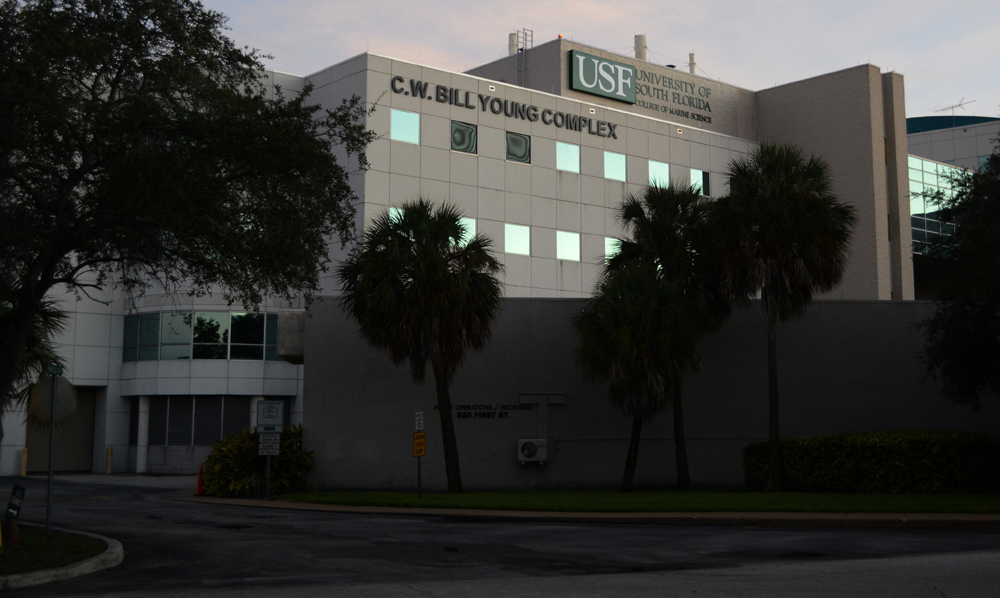In August USF was awarded $11 million in a grant for research in the Gulf following the effects of the Deep Water Horizon oil spill last April. USF’s grant proposal was one of eight awarded money out 77 applicants.
Of the eight winning institutions, three of them are from Florida. The amount of money, to be given over a three year period, totals $112.5 million. Between USF, Florida State, and the University of Miami, Florida institutions received 40 percent of the grant money awarded.
“It’s really great for the state of Florida. It shows the importance we have for oceanographic research in the state,” said Jackie Dixon, dean of the College of Marine Science at USF, and lead investigator of the research project.
Of the other grant recipients, two are in Louisiana, two are in Texas and one is in Mississippi.
The money was awarded though BP’s Gulf Research Institute, which was created to handle the $550 million BP promised for funding independent research grants on the aftermath of the spill.
The GRI is controlled by an executive board of 20 members, 10 appointed by BP and two academics from each Gulf state. The board decides who gets money, how it will be used, and when it will be released. The organization serves to remove the “taint” BP may have on its funding, Dixon said, and the third party ensures BP has no control on the institutions, their research, or their findings.
USF is the lead agency in the project, working with 14 other institutions. The research will focus on two main themes: understanding the processes that control and move oil and natural gas released by the spill, and the impacts of the oil spill on key species and the ecosystems in the Gulf.
The grant will continue USF’s research on the oil in the Gulf, which began in 2010 directly after the spill. In the following summer USF hit national headlines when the university’s research vessel, the Weatherbird II, found a giant underwater plume of oil, confirming the oil was not degrading. In the same summer, prominent researchers from USF’s College of Marine Science housed on St. Petersburg’s campus were featured on PBS’s news hour.
In addition to the brief national attention the university received for its research, the Carnegie Foundation for the Advancement of Teaching classified USF in the top tier of research universities, a classification achieved by 2.2 percent of universities.



